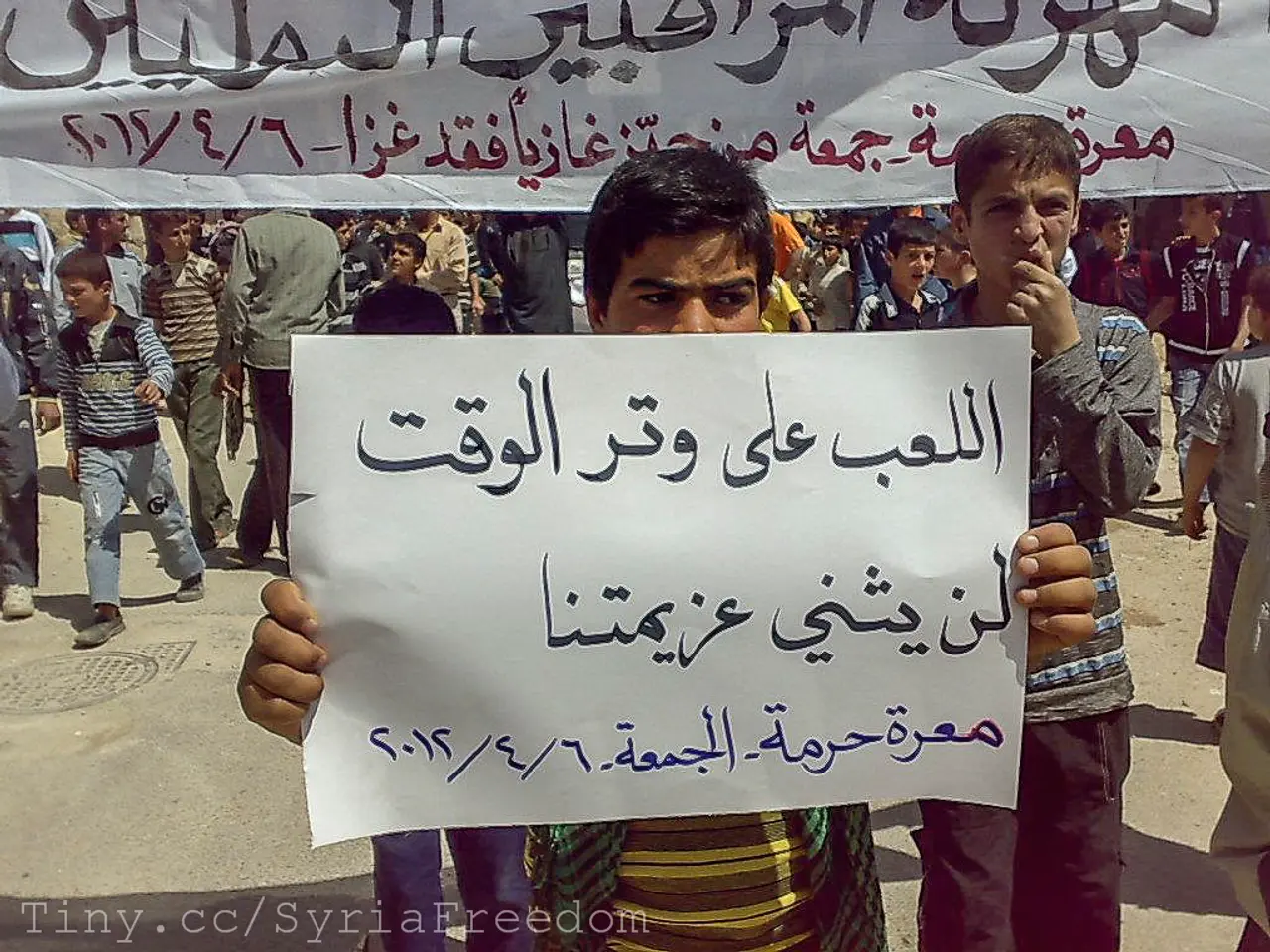Thailand denounces fresh landmine explosion on Thai territory close to the Cambodian frontier
In a strong and resolute move, the Thai government has issued its sternest condemnation yet against Cambodia, accusing the neighbouring country of violating international law, obstructing ceasefire agreements, and breaching the Ottawa Convention.
The latest incident occurred on August 10, 2025, during a routine patrol by three soldiers from the 1st Infantry Battalion, 111th Infantry Regiment, within Thai territory that had recently been cleared of landmines. The soldiers stepped on a newly planted anti-personnel landmine in the Don Aow-Kritsana area of Si Sa Ket province, a region that is part of Thailand.
This is the third such incident involving Thai forces in less than a month, and the Thai government considers the use of landmines as a grave violation of the country's sovereignty and territorial integrity. The Thai government has emphasised that the mines were not remnants of old stockpiles but newly placed devices used in ongoing border hostilities.
The Thai government, which destroyed its entire stockpile of anti-personnel mines by 2019 and complies fully with the Ottawa Convention, has formally complained to the United Nations and the Ottawa Convention’s States Parties. The government rejects Cambodia’s denial, emphasising that the mines were not remnants of old stockpiles but newly placed devices used in ongoing border hostilities.
Cambodia retains over 3,700 anti-personnel mines, including PMN-2, and allegedly planted some inside Thailand’s border areas as recently as 2025. These actions constitute a clear breach of Article 1 of the Ottawa Convention, which prohibits use, stockpiling, production, or transfer of such mines.
The illegal emplacement of mines in Thai territory endangers lives, obstructs border ceasefire agreements, and violates Thailand’s sovereignty. Thailand has offered joint demining operations, which Cambodia declined, exacerbating tensions.
This strong stance underscores Thailand’s position that Cambodia’s landmine activities represent both a legal violation and a direct challenge to regional stability. The Thai government urges Cambodia to comply with international law, cease the use of landmines, and work towards maintaining peace and stability along the border.
[1] The Nation Thailand, "Thailand slams Cambodia over landmine use", August 11, 2025. [2] Bangkok Post, "Thai soldiers injured by Cambodian landmines", August 12, 2025. [3] Reuters, "Thailand accuses Cambodia of violating international law with landmines", August 13, 2025. [4] BBC News, "Thailand-Cambodia border tensions escalate over landmines", August 14, 2025. [5] CNN, "Thailand calls for action against Cambodia's use of landmines", August 15, 2025.
- The Thai government's call for Cambodia to comply with international law and cease the use of landmines is further fueled by the realization that the continued use of such weapons in war-and-conflicts represents a direct challenge to regional political stability, as reported by various general-news outlets.
- The ongoing border hostilities between Thailand and Cambodia, characterized by the illegal emplacement of landmines, not only endangers the health and lives of soldiers but also obstructs the efforts for culturally sensitive and diplomatic resolution to the disputes, making international headlines.
- Amidst escalating tensions between the neighboring countries, Thailand has taken a firm stance, urging Cambodia to abide by the provisions of the Ottawa Convention, which prohibits the use, stockpiling, production, and transfer of anti-personnel mines, and aligns with the wider international culture advocating for peace and human security.






